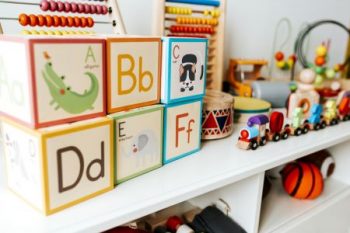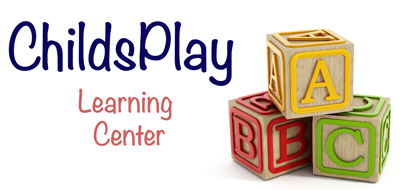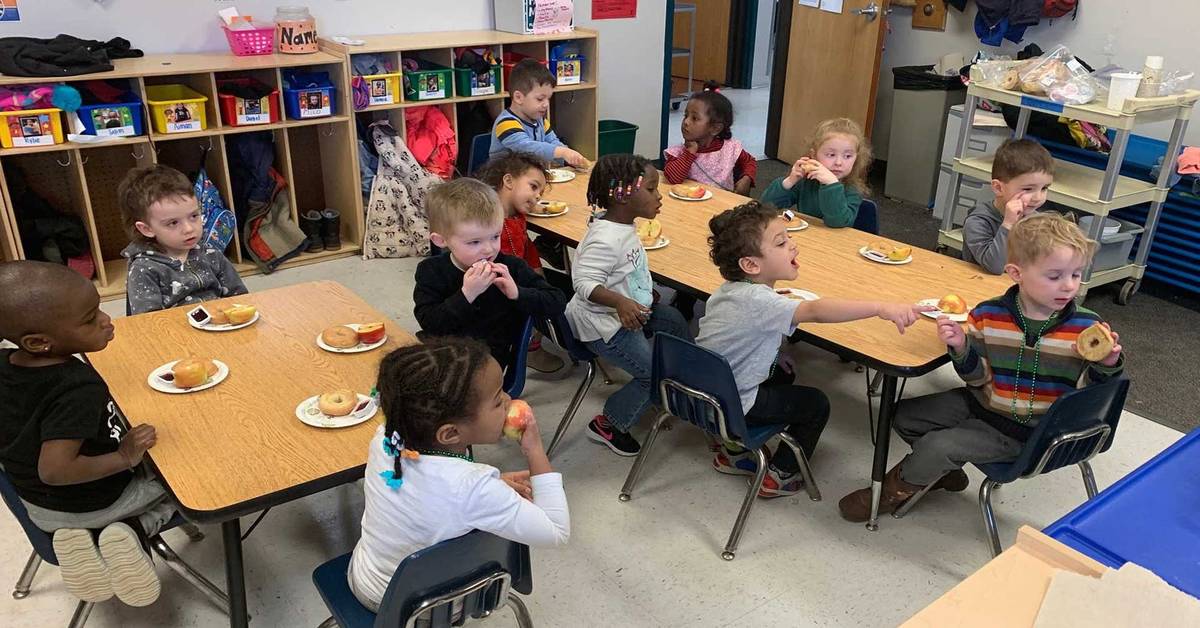As your little one grows older past their toddler years, you might have to consider enrolling them in school. But when it comes to choosing the right learning center, many parents mix up preschool and daycare, thinking the two are interchangeable. While both care for children under five years old, each has its own set of focus and goals. In this article, we’ll explore the difference between an early learning center and a preschool to help you make an informed decision!
What is preschool?
Preschool refers to a program that focuses on the early education and development of children between three and five. Traditionally, preschools are meant to instill certain skills that a child needs to crossover to kindergarten. Unlike child care facilities, preschools have an educational focus where the children pick up various developmental skills.
What is an early learning center?
An early learning center is a type of daycare that caters to children before they are ready for kindergarten. While their goal differs slightly from preschools, both facilities offer the same care and supervision for your little one, as well as additional services such as meals and snacks. Early learning centers specifically try to integrate the most cutting-edge early childhood development ideas and instructional approaches into the classroom. For this reason, early learning centers have significantly grown in popularity in recent years.
Is preschool the same as daycare?
No. Preschool and early learning centers are not the same things. While both facilities cater to children under five years old, there are fundamental differences between the two, as explained below:
Program focus
Early learning centers adopt an educational approach in their programs, allowing them to offer stimulating learning environments. They do this by incorporating groundbreaking early childhood theories into the classroom. On the other hand, preschools focus more on developing the child’s social and emotional skills with an educational component suitable for kids aged three to five years old. They aim to prepare children for kindergarten by teaching them about colors, numbers, shapes, and how to interact socially with other children.
Class size
Early learning centers lay emphasis on the development of individual children by offering as much attention as possible. As such, classes are relatively smaller, with one instructor assigned a maximum of about five children. Meanwhile, preschools have a larger class size as their focus is on the development of social skills. In preschool, each instructor typically works with twenty children at a time and follows a curriculum that emphasizes group activities to encourage learning in a collaborative environment.
Methods of teaching
Both preschools and early learning centers provide a stimulating environment for the child. However, they differ in their approach to instruction. Early learning programs typically use methods tailored to fit an individual by using multiple learning styles. Preschool classes, on the other hand, use a one-size-fits-all approach that can sometimes overlook the needs of particular individuals.
Should I choose preschool or early learning?
It all depends on your child. If they are more inclined to one-on-one attention, an early learning center is an ideal choice for them. On the other hand, if you would like a preschool experience where children learn in groups and have opportunities to socialize with their peers during playtime, that’s great too! Ultimately, both are excellent choices despite their different approaches. You just have to go with what best suits your child’s personality and needs.
What are the benefits of early childhood learning?
There are many benefits to choosing early childhood learning for your child. While there is no comprehensive research to prove one approach better than the other, studies show that children who attend quality early learning programs have a higher chance of succeeding in school than their peers who did not. Some of the benefits include:
Skill development
Early childhood education programs emphasize developing a variety of skills in children, such as literacy and numeracy. In addition to academic learning, students also acquire socialization skills that help them integrate into the community when they grow up!

Builds self-esteem
In an early childhood program, your child will be given plenty of positive feedback for their efforts to boost their self-esteem. This can help them feel confident about themselves, both now and in the future!
Enhances concentration
If you have a fidgety child with an attention deficit, enrolling them into an early learning program is ideal as it can help them get accustomed to being in a class-like setting surrounded by other children.
Tolerance for failure
As the child is encouraged to try again even after making mistakes, they learn that failing at something doesn’t mean you are bad at it! This helps them develop patience and be more resilient in their journey towards success.
Enriches language development
Experts say it takes an average of six-hundred hours for a child to learn how to speak. Early learning centers provide plenty of opportunities for children to communicate and interact with other kids their age through various activities such as music or storytime! This allows them to improve their vocabulary and language skills at an accelerated rate, which is very important in the long run.
Builds independence
As children in preschool programs are expected to complete assigned tasks without help from adults, they learn how to be independent and take care of themselves. This habit is essential when it’s time to go off on their own at school!
Bring Your Child to Us!
At ChildsPlay Learning Center, we do our best to impart valuable skills to our young learners. Our team is comprised of experienced teachers who are passionate about what they do; your little one will be in good hands! Give us a call anytime you’re in the market for an early learning center in Vancouver, WA, you can trust!

